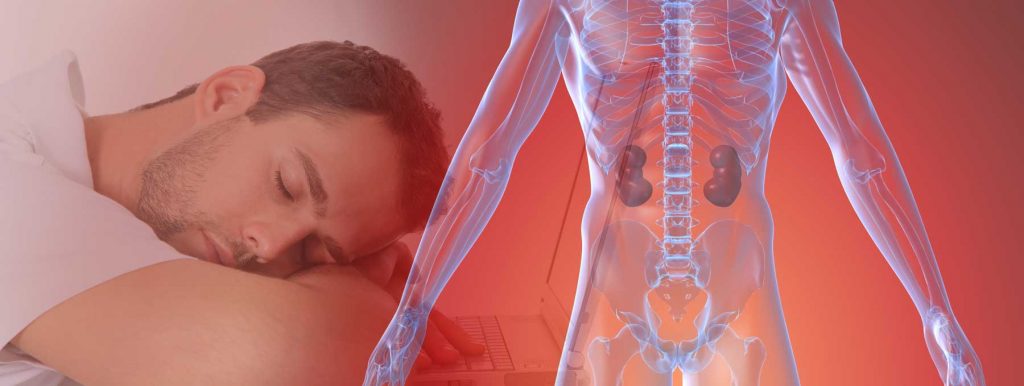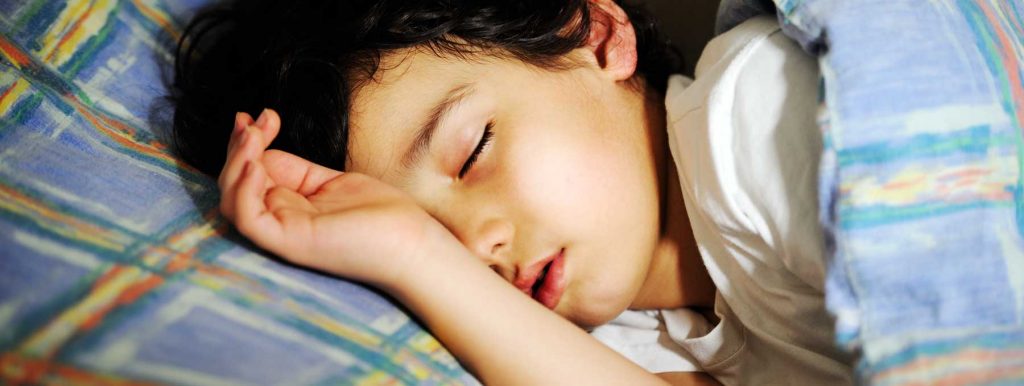Do you have trouble falling asleep? These secrets of sleep may be the key to a good night’s rest. Falling and staying asleep can be an immense challenge for many people. In many cases, this is due to several myths about sleep. The following secrets of sleep are based on solid scientific evidence and, in […]Do you have trouble falling asleep? These secrets of sleep may be the key to a good night's rest. Falling and staying asleep can be an immense challenge for many people. In many cases, this is due to several myths about sleep. The following secrets of sleep are based on solid scientific evidence and, in [...]
The Secrets of Sleep: Part One
Most people spend about a third of their life in slumber, but don’t know these surprising secrets of sleep. Do you think you know sleep? Many people know the basics of how and why we sleep, such as the different sleep phases and when we dream. However, there are many surprising facts about sleep that […]Most people spend about a third of their life in slumber, but don't know these surprising secrets of sleep. Do you think you know sleep? Many people know the basics of how and why we sleep, such as the different sleep phases and when we dream. However, there are many surprising facts about sleep that [...]
Sleep and the Immune System: Strengthening Immunological Memories
Over-tired and under-rested? New research on sleep and the immune system suggests that you may be at greater risk of illness. Researchers in chronobiology have long realized that sleep can affect the memory of information, facts and past events. However, a new study suggests that sleep may also affect a very different kind of memory: […]Over-tired and under-rested? New research on sleep and the immune system suggests that you may be at greater risk of illness. Researchers in chronobiology have long realized that sleep can affect the memory of information, facts and past events. However, a new study suggests that sleep may also affect a very different kind of memory: [...]
Sleep Deprivation and Kidney Function May Be Related
According to new research, kidney function and sleep cycles are closely linked. Not sleeping enough is connected to a rapid decrease in kidney function. Lack of sleep has been tied to many different health issues in the past. This is becoming more and more noticeable, since the average amount of sleep has declined in the past […]According to new research, kidney function and sleep cycles are closely linked. Not sleeping enough is connected to a rapid decrease in kidney function. Lack of sleep has been tied to many different health issues in the past. This is becoming more and more noticeable, since the average amount of sleep has declined in the past [...]
Children’s Sleep Impacted by Lead Exposure: A New Study
Although numerous studies prove that children need plenty of sleep in order to thrive, one new study suggests that lead may have a tremendous impact on children’s sleep patterns. Sleep deprivation and lead exposure both have a significant impact on child development. However, as a new study from Penn Medicine shows, lead exposure may actually […]Although numerous studies prove that children need plenty of sleep in order to thrive, one new study suggests that lead may have a tremendous impact on children's sleep patterns. Sleep deprivation and lead exposure both have a significant impact on child development. However, as a new study from Penn Medicine shows, lead exposure may actually [...]
- « Previous Page
- 1
- …
- 120
- 121
- 122
- 123
- 124
- …
- 138
- Next Page »









